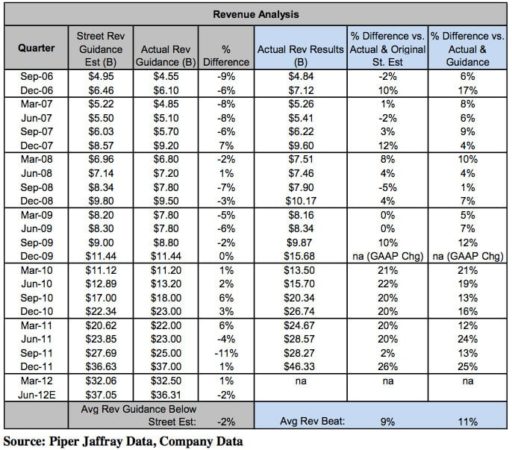Apple and Samsung are currently embroiled in endless patent litigation. The duo has launched multiple patent lawsuits against each other, all around the globe. A report in Reuters now suggests that Apple’s current CEO, Tim Cook, had initially opposed a lawsuit against Samsung over patent issues.
Cook’s primary contention to such a move was that Samsung was Apple’s key supplier of components. In the past, Apple has been relying too heavily on the South Korean manufacturer for components which would go into iPhone and iPad. However, of late, Apple has tried to reduce that dependence by turning to other suppliers too.
According to the report, relations between the two tech titans had grown quite amiable back in 2005. In fact, a grandson of Samsung’s founder visited Steve Jobs’ house to pay him a personal visit. But when Samsung launched Galaxy S in 2010, things started to turn wrong.
Jobs initially told Samsung about the resemblance Galaxy S bore with iPhone, hoping that the company would change the design. Samsung refused to conform, defying Apple by releasing Galaxy Tab. That is when Steve Jobs decided to launch patent lawsuits against Samsung.
Although the two companies have wrestled in the legal arena for quite some time, none has garnered any significant final victory. Any major verdicts still hang in uncertainty and appeals over them lead to endless cases. Perhaps the two will take a lesson from the immense resources they have squandered on these cases, to no end, and decide to come to some agreement.
Source: Reuters
Courtesy: CNET
[ttjad keyword=”iphone”]





how about giving up on trying to tell others they can’t use rectangles with rounded corners due to prior art going back centuries?